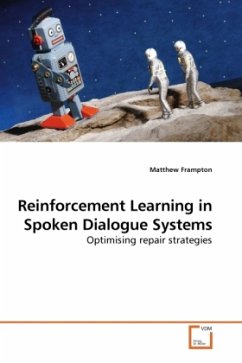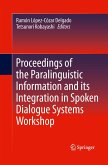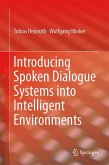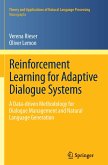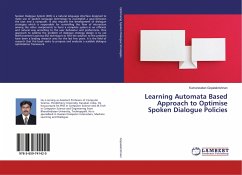Humans communicate by talking, so wouldn't it be great if they could talk with machines? The goal of Spoken Dialogue System (SDS) designers is to make this vision a reality, but there are big challenges - for example, dialogue strategy design. A dialogue strategy specifies what the SDS will say/do next, and designing it by hand can be difficult. It involves anticipating how users will behave, and repeated testing and refining. This book describes a successful machine learning approach where a strategy is modelled as a sequential decision problem called a Markov Decision Process (MDP), and reinforcement learning applied to training dialogues. The dialogues are generated with a probabilistic user simulation derived from real user data. The reader is taken through theory, relevant previous research, original experiments, and likely future research directions. A complete, learned strategy is shown to perform well with real users, (better than a hand-crafted strategy), and adding linguistically-motivated information to the MDP is shown to improve repair strategies. Repair strategies try to get the dialogue back-on-track following SDS understanding errors, and are hence very important.
Bitte wählen Sie Ihr Anliegen aus.
Rechnungen
Retourenschein anfordern
Bestellstatus
Storno

